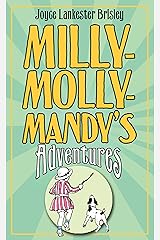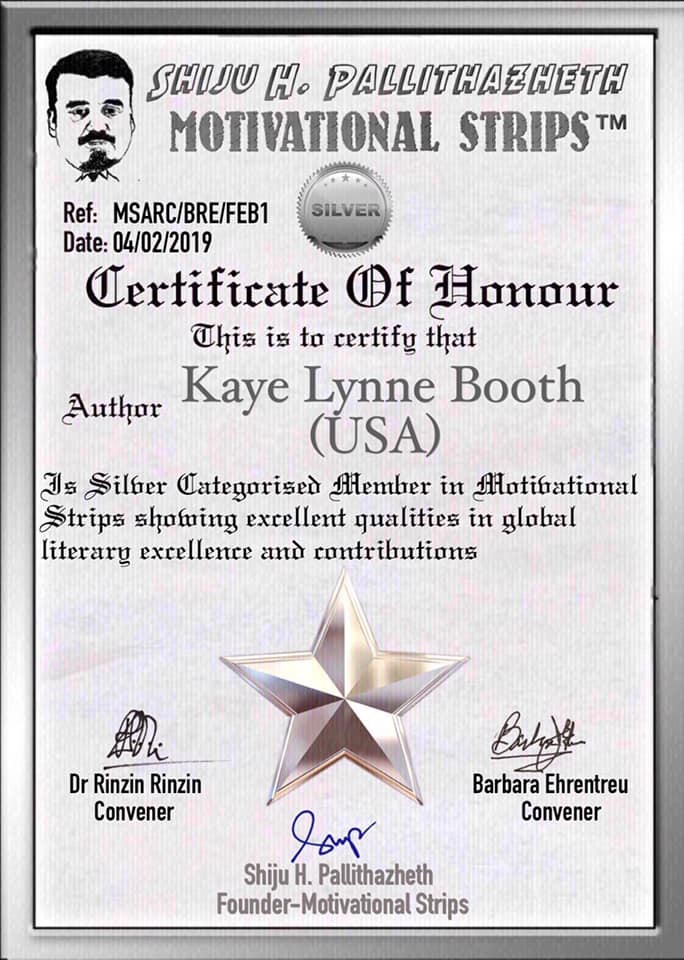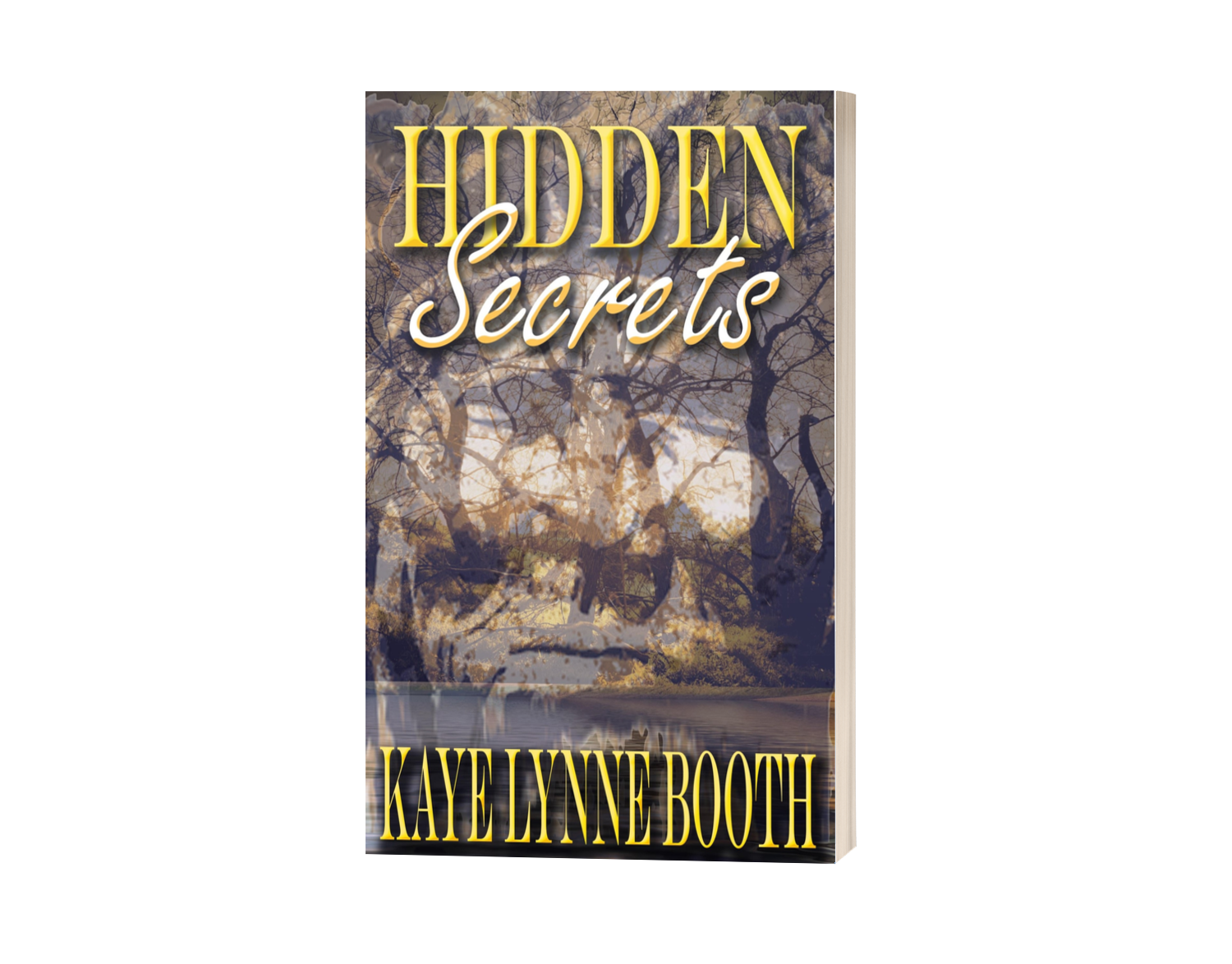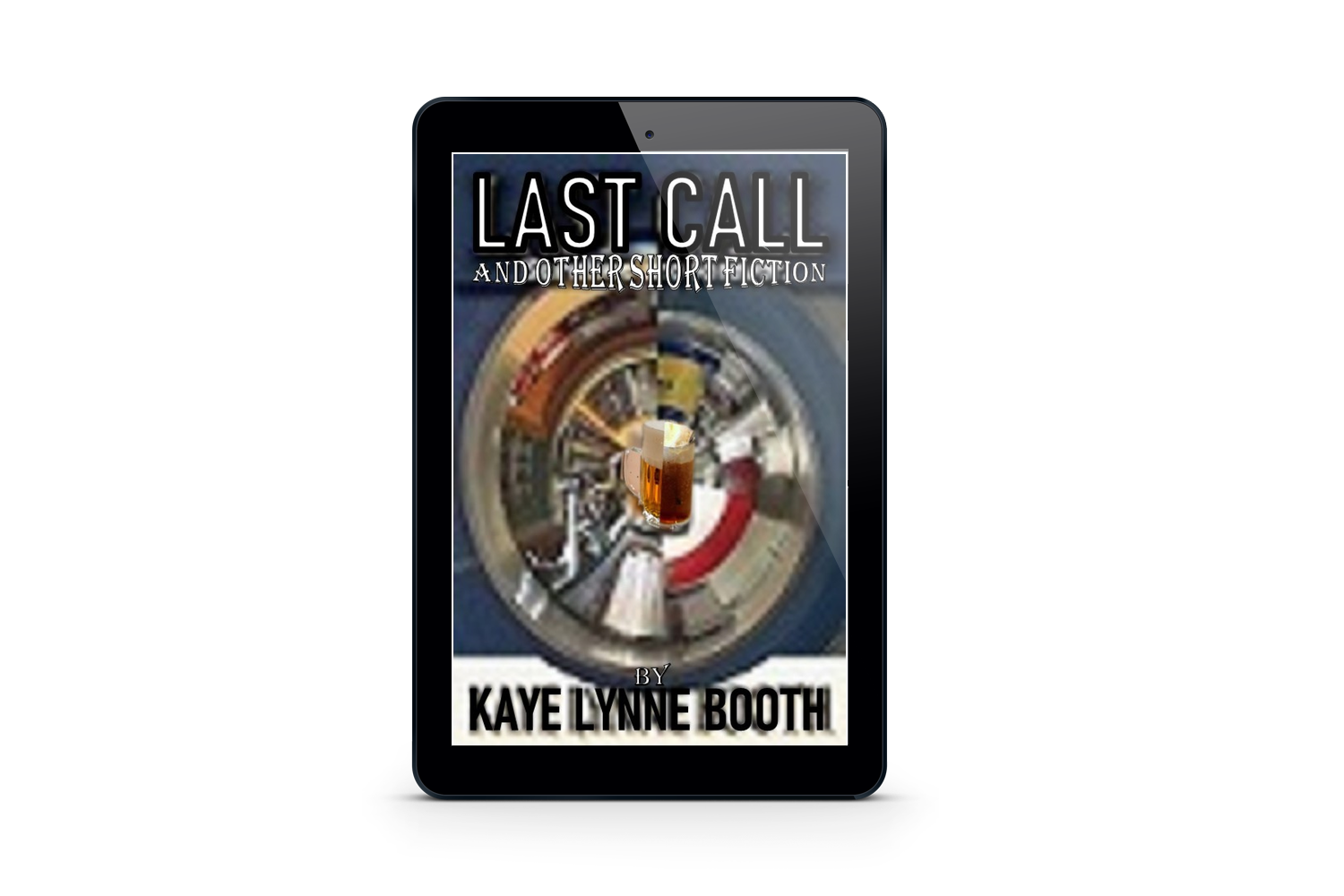Chapter books versus short stories for children
Posted: October 14, 2020 | Author: robbiesinspiration | Filed under: Books, Children's Books, Fiction, Growing Bookworms, Reading, Stories | Tags: #Childrensfiction, Growing Bookworms, Reading, Short Stories, Writing to be Read |34 Comments
I was having a conversation with my sister recently. Her younger son has recently been diagnosed with dyslexia and he finds reading difficult. He is an incredibly bright young man and I believe he is frustrated by his reading barrier. I experienced this same frustration with my younger son, Michael, who has an auditory processing learning barrier.
Our conversation led to a discussion about books and the fact that her son avoids reading as much as possible. He becomes difficult and even rude in an attempt to escape the hardship of having to try to read.
I recall similar behaviour by my son, so I am deeply sympathetic. It is incredibly difficult to remain patient and kind when your child is going against you at every turn.
I gave my sister some advice based on my own experience with teaching Michael to read. I advised her to try tandem reading, which I wrote about previously here: https://writingtoberead.com/2019/02/13/alternating-reading-with-your-child/, combined with short stories and not chapter books.
Chapter books are wonderful, but they are longer and more complex, they have more characters and often include sub-plots. When a child is struggling to read due to a reading barrier, it makes their reading slower. They also have to expend a lot of energy and focus on understanding and interpreting each word. The result of this is that it is much more difficult for the child to follow the greater story as they are distracted by the word-by-word struggle. If the child can’t appreciate the story, he or she doesn’t learn to love the written word and enjoy the delights of reading. The storyline disappears in the battle to conquer each sentence.
My advice to Hayley was to chose age appropriate books which encompass a short story within each chapter and to read the story in tandem with her son with the goal of finishing one complete story every night.
I discovered that the child doesn’t have to read a huge amount to benefit. I started off with Michael reading a paragraph but even a few sentence was fine if he struggled. When he’d read a bit, I took over and finished that page and the next one. This helped the story to progress and engaged him in the plot.
He then had another turn. At the end of the story, we had achieved something great together. We had read and enjoyed a whole story. There is a great sense of accomplishment in that and Michael could remember the details of the story because I kept it moving along. He developed a love of reading.
He still likes to be read to, but at 15 years old, I am not always a fan of the books he’s interested in, so I buy him audio books. As a result, Michael enjoys and appreciates reading and books and has a good vocabulary.
Some examples of books with a story per chapter are as follows:
The Humphrey the Hamster book series by Betty G. Birney: https://www.amazon.com/Betty-G-Birney/e/B001ILME1S

The Milly-Molly-Mandy books by Joyce Lankester Brisley: https://www.amazon.com/Milly-Molly-Mandy-Storybook-Joyce-Lankester-Brisley/dp/0753474719

Mary Poppins by P.L. Travers: https://www.amazon.com/P-L-Travers/e/B000APNNWW
![Mary Poppins: The Original Story (Mary Poppins series Book 1) by [P. L. Travers]](https://m.media-amazon.com/images/I/51fn80jRDYL.jpg)
About Robb,ie Cheadle

Hello, my name is Robbie, short for Roberta. I am an author with seven published children’s picture books in the Sir Chocolate books series for children aged 2 to 9 years old (co-authored with my son, Michael Cheadle), one published middle grade book in the Silly Willy series and one published preteen/young adult fictionalised biography about my mother’s life as a young girl growing up in an English town in Suffolk during World War II called While the Bombs Fell (co-authored with my mother, Elsie Hancy Eaton). All of my children’s book are written under Robbie Cheadle and are published by TSL Publications.
I have recently branched into adult and young adult horror and supernatural writing and, in order to clearly differential my children’s books from my adult writing, I plan to publish these books under Roberta Eaton Cheadle. My first supernatural book published in that name, Through the Nethergate, is now available.
I have participated in a number of anthologies:
- Two short stories in Spellbound, a forthcoming collection of horror stories edited by Dan Alatorre;
- Two short stories in the forthcoming Spirits of the West, A Wordcrafter Western Paranormal Anthology edited by Kaye Lynne Booth;
- Two short stories in #1 Amazon bestselling anthology, Dark Visions, a collection of horror stories edited by Dan Alatorre;
- Three short stories in Death Among Us, an anthology of murder mystery stories, edited by Stephen Bentley;
- Three short stories in #1 Amazon bestselling anthology, Nightmareland, a collection of horror stories edited by Dan Alatorre; and
- Two short stories in Whispers of the Past, an anthology of paranormal stories, edited by Kaye Lynne Booth.
I also have a book of poetry called Open a new door, with fellow South African poet, Kim Blades.
Find Robbie Cheadle
Blog: https://bakeandwrite.co.za/
Blog: robbiesinspiration.wordpress.com
Twitter: BakeandWrite
Instagram: Robbie Cheadle – Instagram
Facebook: Sir Chocolate Books
Want to be sure not to miss any of Robbie’s “Growing Bookworms” segments? Subscribe to Writing to be Read for e-mail notifications whenever new content is posted or follow WtbR on WordPress.















Reblogged this on Robbie's inspiration and commented:
I am over at Writing to be Read today with a post about chapter books versus short stories for children. Thank you Kaye Lynne Booth for hosting me.
LikeLiked by 1 person
Sounds like a good way to carry a child into the world of reading. Ought to work for any child, honestly.
LikeLiked by 3 people
You make a very good point about the potential of the strategy to work well for any child.
LikeLiked by 3 people
Hi Liz, every child has potential, it just takes more effort to bring it out with some. I am glad I did research and found ideas to help both my sons. Greg has just received academic colours at school for achieving an average in excess of 80% for all his 7 subjects for 3 successive school terms and three successive exam sessions. It all started with reading.
LikeLiked by 1 person
Hi Craig, thanks for visiting. It certainly does work but one of the key points is that parents have to make time for a child that struggles with reading. I had success with Michael, and I believe that this would work for any child, but I also invested many hours of my own effort and time into helping him.
LikeLiked by 2 people
Makes perfect sense.
LikeLiked by 1 person
tandem reading sounds like a great way to ease someone into reading…
LikeLiked by 2 people
Hi Jim, it certainly does help a great deal. I’ve done this with other children too but not in such a concentrated way. It does take time and effort from the parent though. In my local experience, a lot of parents think that the school should do everything when it comes to their child’s learning and it doesn’t work like that.
LikeLiked by 2 people
I agree, Robbie. the schools are critical, but parents should be the primary teachers.
LikeLiked by 2 people
I have to jump in here and agree with you, Jim. It seems that in this day and age, many people have abandoned their children’s education, turning it over to the school systems. While some parents get involved, it is easier to give someone else the reins for many, and often because they aren’t involved, they don’t really know what their children are being taught. Parents should always be the primary teachers.
LikeLiked by 2 people
well said, Kayelynn!
LikeLiked by 2 people
That’s a great idea Robbie. I used to help with my daughter’s first grade class, reading with the children and this would have been a great tool to have for the struggling readers. (K)
LikeLiked by 2 people
Hi Kerfe, thanks for visiting. That is a wonderful experience to have had. I do believe that this works, letting the child gain confidence in reading and gain a love of the written word.
LikeLiked by 2 people
That is wonderful advice, Robbie, and it’s so important to encourage young reluctant readers. Toni x
LikeLiked by 2 people
Hi Toni, thank you, it is important to help the ones that struggle the most. The rewards are often the greatest.
LikeLiked by 2 people
I think this advice would help a lot of parents. *sharing*
LikeLiked by 2 people
Thank you, Liz. I have shared this advice a few times and the parents that put the effort in and tried this in a dedicated way achieved success.
LikeLiked by 1 person
Thanks for sharing, Liz. 🙂
LikeLike
I’m glad you found something worked for Michael, Robbie. The importance is to keep the frustration level to the minimum and satisfaction level to the maximum so children wouldn’t avoid reading totally. What we do at school is to provide “high interest, low vocabulary” books for some upper grades students, so they read upper grades subjects without struggling through the vocabulary and the length of reading. They still get the general ideas of the subjects studied.
LikeLiked by 2 people
Hi Miriam, thank you for your lovely comment. It is wonderful when you share your experience here. This is a similar concept and I am thrilled to hear about it being used like this in schools.
LikeLiked by 2 people
You’re welcome, Robbie. You’re doing great with Michael.
LikeLiked by 2 people
Hopefully he has been diagnosed young enough for the issue to be dealt with properly and successfully.
LikeLiked by 2 people
Thanks Tandy. It seems like every child has some sort of issue now. I don’t know anyone whose children don’t have either a health issue or a learning barrier. Hayley is very determined so she’ll get him through.
LikeLiked by 2 people
Your strategy is a great approach. You’ve nailed a couple of the challenges of children with a reading disability. Reading with a child is always a good strategy. Not only are they going to get some practice, but they will more likely stay engaged with the story when reading with a partner. They also will get a sense of accomplishment when finishing a book. One of the keys is to find books that are at their interest level. If you choose books that a child doesn’t find stimulating or sees as too easy, they will quickly lose interest. Audiobooks are a great avenue to increase vocabulary development.
LikeLiked by 2 people
Hi Pete, thank you for adding your thoughts and experience. I did research on this because I really wanted Michael to learn to enjoy reading. Everything you have said here is true. I listen to a lot of audio books and encourage Michael to listen to them too.
LikeLiked by 2 people
Wonderful post Robbie. As a retired elementary school teacher and one who spent a large part of my career teaching students with various learning difficulties, I wish all parents and teachers could see this. I got frustrated with parents who wanted their children to read “real books” now baby books. Picture books can be very insightful and not the easiest read either. The nice thing as that they can use picture clues. I agree, chapter books can be very convoluted and cause more confusion and distress.
LikeLiked by 2 people
Hi Carla, thank you for sharing your experiences here. I am always pleased when my experiences as a mother are shared by teachers. I always take my hat off to teachers as I think it is a challenging job in this modern world. I must be honest, I was a bit shocked when the school sent home a graphic novel for the first time as we were not allowed to read such books when I was at school. They were not considered to be ‘real’ books either. I quickly learned their value.
LikeLiked by 2 people
I had to convince other teachers to let the kids read graphic novels and even comic books during individual quiet reading times. Of course that was 15 years ago, not an issue now.
LikeLiked by 2 people
Great advice, Robbie. Encouragement always works better than force. Your success with Michael is a great model for others to follow.
LikeLiked by 2 people
Thank you, Norah. I agree that a lot of children can’t be forced, it brings out a belligerent streak in them that you can’t break through.
LikeLiked by 2 people
That’s right, Robbie. And none of us want that.
LikeLiked by 2 people
It makes all the sense in the world to me! I do believe that is how we all started reading anyway. Shorter pieces that complete the tale once they are over. Although ours were carried out through picture books like Dick and Jane. Still, the same principal applied.
LikeLiked by 2 people
Hi Annette, I do believe you are right, it is the same principle. In some cases, it pays dividends to maintain the short story structure for longer until the child has more reading confidence.
LikeLiked by 1 person
[…] Children“, “The Future of Education“, “The Great Roald Dahl“, “Chapter Books vs. Short Stories for Children“, “The Joy of Nursery Rhymes: Twinkle, Twinkle Little Bat“, and […]
LikeLike